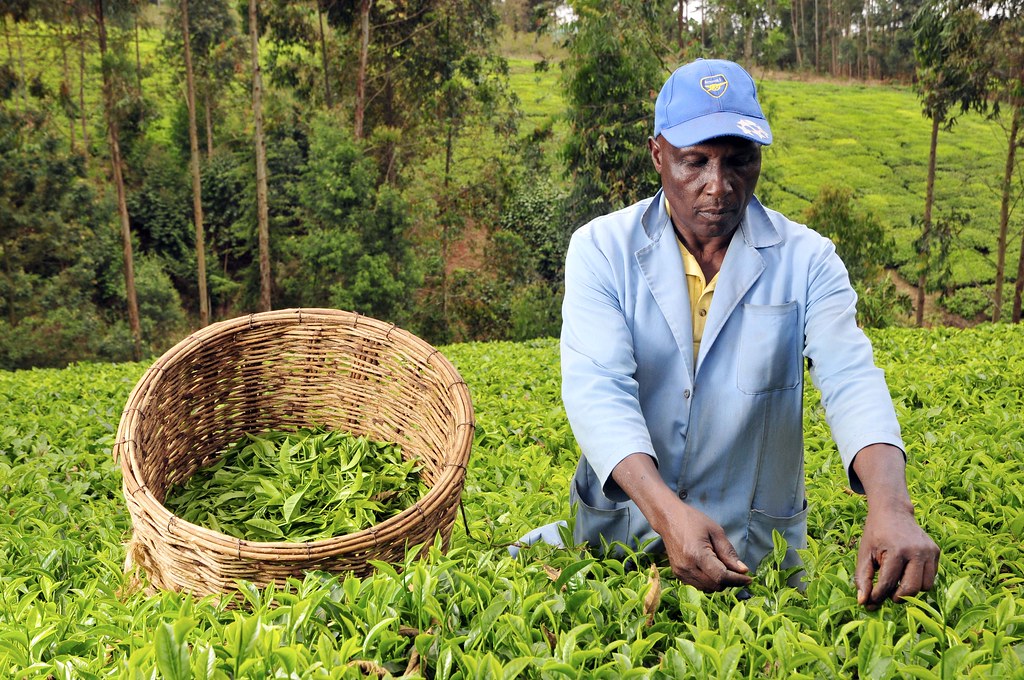Pandemic brings hard times for farmers, worsening hunger
COVID-19, which beyond its health toll is crushing livelihoods, and hunger, a scourge the international community pledged to eradicate by the end of this decade," Qu Dongyu, the FAO's director-general said in a commentary ahead of the virtual meeting. Disruptions due to outbreaks of the illness and restrictions on businesses and travel to control them run the gamut, from crops going unharvested by migrant workers unable to reach their jobs to transport problems to farm families selling livestock and equipment to survive.

- Country:
- United States
The coronavirus pandemic has brought hard times for many farmers and has imperiled food security for many millions both in the cities and the countryside. United Nations experts are holding an online conference beginning Tuesday to brainstorm ways to help alleviate hunger and prevent the problems from worsening in the Asia-Pacific region — a challenge made doubly difficult by the loss of many millions of jobs due to the crisis.
The U.N. Food and Agricultural Organization forecasts that the number of undernourished people will increase by up to 132 million in this year, while the number of acutely malnourished children will rise by 6.7 billion worldwide due to the pandemic. “We are facing two pandemics. COVID-19, which beyond its health toll is crushing livelihoods, and hunger, a scourge the international community pledged to eradicate by the end of this decade," Qu Dongyu, the FAO's director-general said in a commentary ahead of the virtual meeting.
Disruptions due to outbreaks of the illness and restrictions on businesses and travel to control them run the gamut, from crops going unharvested by migrant workers unable to reach their jobs to transport problems to farm families selling livestock and equipment to survive. the FAO said in a report prepared ahead of the meeting. The combined impacts of COVID-19, natural disasters such as typhoons and drought, diseases and pests such as locusts have highlighted the need to build stronger capacity to “manage multiple risks to food systems," the report said.
The FAO is urging faster deployment of high-tech tools such as drones and smartphone apps to monitor crops, pests and other farming conditions as part of a transformation of food systems to make them more resilient and reduce risks, especially for the most vulnerable small farmers in poor countries. That includes food insecure places like Yemen, where the U.N. says more than a quarter of a million children are suffering from severe malnutrition and will die without treatment, and parts of Africa where nearly 5 million people are threatened with starvation due to locust outbreaks.
But long lines at food banks even in wealthy countries like the United States attest to the struggle to keep families fed with tens of millions newly unemployed. In countries like Thailand, where tourism helps to keep the economy afloat, closed borders and cancelled commercial flights have a ripple effect across many industries.
The FAO report released for the conference, sponsored by Bhutan, recommended providing loans to farmers to help them avoid selling their livestock and other assets to get by. It noted that enterprising fishing villages in southern Thailand's Phuket have arranged barter deals with rice farmers in the northeast of the country. Some fisher folk in Indonesia unable to export their catches switched to netting more affordable fish that they can sell to local villages.
In many countries, farmers increasingly are using e-commerce and digital data to fine tune planting and other aspects of agriculture. Chinese e-commerce platforms are helping to match supply and demand for farm produce and other food. On a smaller scale, FAO experts noted there were many potential home-grown solutions, literally like farming using sacks or hydroponics, growing crickets for food and processing camels' milk to make cheese.
(This story has not been edited by Devdiscourse staff and is auto-generated from a syndicated feed.)
ALSO READ
South Africa beat India by 76 runs in a T20 World Cup Group 1 Super Eights match at Ahmedabad.
South Africa's Spin Mastery Stifles India in T20 World Clash
India Under Pressure: Tough T20 World Cup Clash with South Africa
South Africa post 187/7 against India in a T20 World Cup Group 1 Super Eights match at Ahmedabad.
Thrilling Super Eights Clash: India vs South Africa










